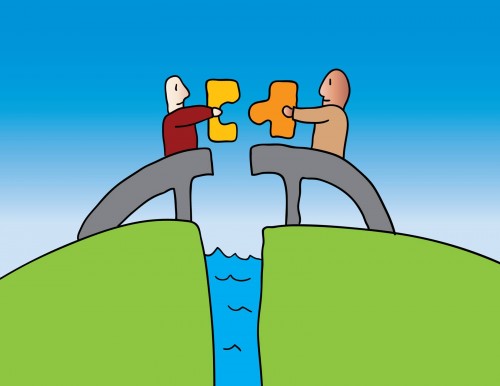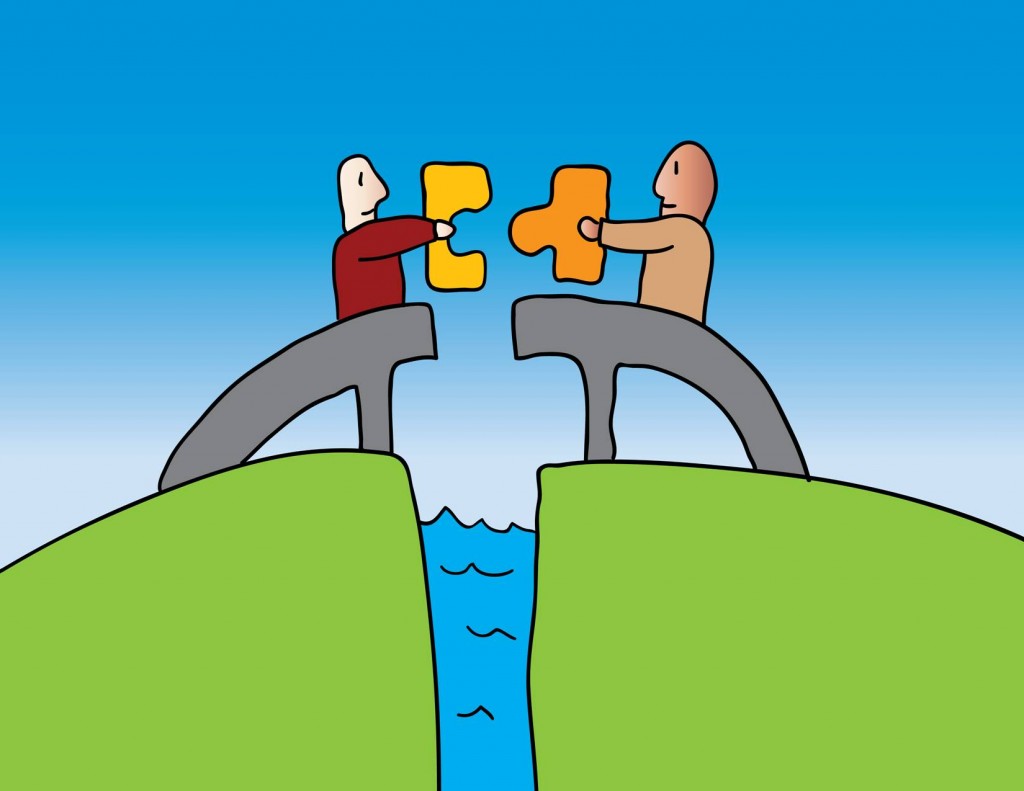 We all have blind spots: for example, it can be difficult for us, dentists, to see things from our patients’ point of view which in turn impairs effective communication.
We all have blind spots: for example, it can be difficult for us, dentists, to see things from our patients’ point of view which in turn impairs effective communication.
In August, I published a blog post titled “What are you Willing to Change to Help Your Patients’ Oral Health?” written by Dr Clive Friedman, Don Morrow and Jennifer Irwin. A piece that, I hope, has led you to approach prevention from a Motivational Interviewing perspective to elicit your patients’ own desire to change. I hope that you are also finding out that this approach builds trust and relationships.
Today I offer you excerpts from a book I just finished reading: “A Few Words From The Chair | A Patient Speaks to Dentists” by David Clow and available from AMAZON
David feels that dentists could be the most important health professionals patients know in the health care crisis we are experiencing now… if only we chose to spend more time building relationships. He also offers ideas on how to do so. David feels that we can inspire our patients by seeing ourselves, not as dentists, but as whole persons practicing dentistry and by making our hopes and dreams part of that practice.
The paragraph below, about half way through the book, caught my attention because it is often difficult to dissociate, in dentistry, the business aspect from the clinical aspect of our work. Now that I have read David Clow’s book, I feel that there may be no need for dissociation; that business and clinical can live in harmony with one another. Here is what he writes about the Hippocratic oath:
“All of the Hippocratic oath is a value proposition.” he writes in his book . “It talks about you and your business relationship with me, implying in each word and between every line that I, the patient, am real (if that sounds obvious, take my word, many patients do not feel real to their health care providers, and many providers don’t care); that I have challenges before me that you can remediate; that you have to hold yourself to high standards of conduct to do it; and that should you fail to keep those standards, you break the bond between us that you aspire to uphold, and therefore break the oath.”
“You revere the words of the oath for their long history and their sanctity in your vocation. From my angle, Hippocrates was a business writer. A great one in fact. Two thousand three hundred years after the initial version, after numerous translations and alterations, and the business practicality of that oath is still as hard and bright as a steel probe.”
“Everything else has changed, but the character of the practitioner is still front-and-center. The oath doesn’t just tell you just to have character. It tells you to use it.”

I agree with David’s premise. Many dentists with whom I work have the ability to ‘connect’ with their patients and really impact their overall health, but some are so busy that it is nearly impossible. This is where I see Staff as the key. Many of them are able to illicit answers to questions that dentists would like to ask if they had time. Staff training is where I can make an impact when I speak at Staff Meetings or do ‘Lunch and Learns’ to educate on what to observe and report to the dentist. I will read his book, but I do not see dentists without character, I just see some who are overwhelmed!
You are so right Sandra. Dentistry is a very demanding profession and many dentists feel the pressure coming from all directions. Too often this stress is expressed as a sense of urgency to perform procedures, putting more emphasis on doing dentistry than on BEING a dentist.
I read in your comment that team members can act as a bridge between the two. This is so true. Patients often feel a closer bond with the hygienist or the assistant than with the dentist. This can be can express itself as synergy if all team members are on the same page. However, without team cohesion, this closer bond with team members may lead to less than optimal results for the patient and for the team. Unfortunately, our training in dental school doesn’t provide much training in team leadership.
Can you tell us more about your role in building team cohesion to facilitate the bridging of the gap between doing dentistry and and BEING oral health professionals, and therefore serving the patients better as well as alleviating some of the dentist’s stress? In other words, how do you come in as a Win Win facilitator?